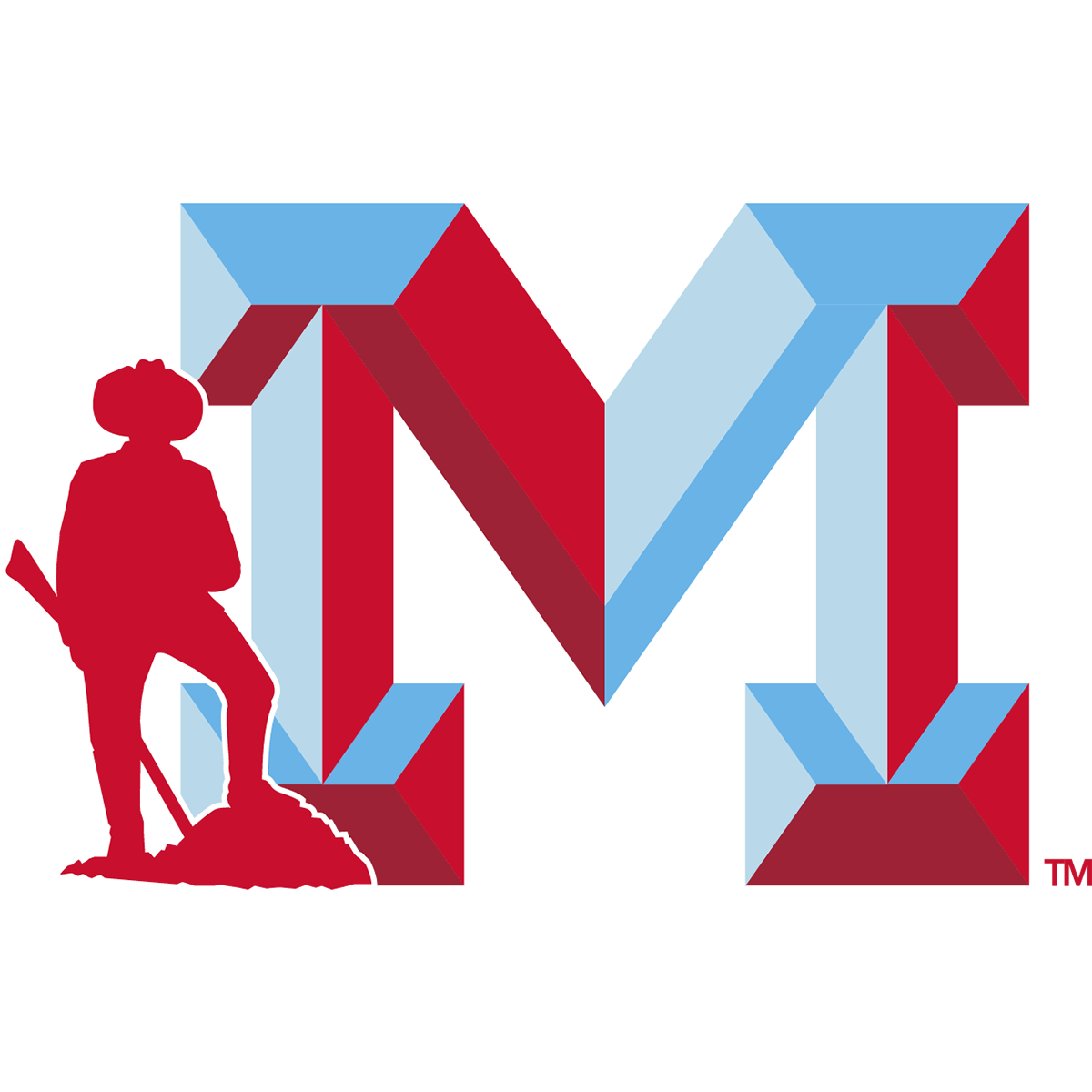STAAR End-Of-Course
Who tests?
All students who have completed course work in the following subjects are required to participate in the state mandated testing called "STAAR" (State of Texas Assessment of Academic Readiness) and pass the below assessments for graduation:
English 1
English 2
Algebra 2
Biology
US History
Several re-take opportunities are provided free of charge to assist students in completing this graduation requirement (Summer, Fall, Spring).
Assessment Calendar:
2024 December Testing:
Tuesday, December 3- English 1
Wednesday, December 4- Algebra 1
Thursday, December 5- English 2
Friday, December 6- Biology & US History
2025 Spring Testing
Tuesday, April 8- English 1
Thursday, April 10- English 2
Tuesday, April 15- Biology
Thursday, April 17- US History
Thursday, April 24- Algebra 1
2025 June Testing
Tuesday, June 17- English 1 & US History
Wednesday, June 18- Algebra 1
Thursday, June 19- English 2 & Biology
Mode of Testing: All students will test online.
Test Taking Tips:
Dealing with Tests:
Learning is a private process. You cannot really compete with anyone else.
You are not being tested, only your understanding of a particular skill or subject.
The test is not evaluating your worth as a person. (A good test score does not mean you are a good person, any more than a bad score means you are a bad person.)
Tests only have as much power as you are willing to give them.
Parents Can Help:
ENCOURAGE your child. (Children do their best when they feel good about themselves.)
DON’T BE ANXIOUS about your child’s test scores. (Children are more likely to make mistakes when they are afraid of failing.
DON’T JUDGE your child on a single test score. (There are many factors that may affect your child’s test scores. For example, the way your child’s day started, the way your child feels that day, the way the classroom is setup, if they are upset about something, or the teacher’s attitude may affect them.)
ATTENDANCE plays a key roll in your child’s schooling. (Tests reflect your child’s overall achievement. Your child needs all instruction in order to do well on tests.)
STUDYING in a quiet, comfortable, safe place at home.
Make sure your child is WELL RESTED. (Tired children are less able to pay attention in class or handle the demands of testing.)
Give your child a WELL ROUNDED DIET. (A healthy body leads to a healthy, active mind.)
Provide reading materials at home for your child. (Keep your child’s mind active and learning.)
What Students Can Do Before a Test:
(Source: Sylvia Rimm)
Study Regularly
Don’t cram the night before, but do review.
Go to bed early; wake up in plenty of time.
Dress for success; make sure you look confident.
What Students Can Do During a Test:
(Source: Sylvia Rimm)
TALK CONFIDENT: Tell yourself you’ve studied well and can therefore do your best.
OVERVIEW: Look over the test, answer questions you know first to gain confidence.
MAKE NOTES: If there is a definition or date you are afraid you’ll forget, write it in the margin, so you can relax about it.
BECOME INVOLVED: Concentrate on the actual questions and not on your grade.
IMAGINE: If you feel too tense, close your eyes for a few seconds and imagine a pleasant, restful scene like a beach, sunset, or park.
BREATHE: Take a few deep breaths and concentrate on breathing.
RELAX: Tighten up those muscles that feel tense, then relax them one at a time.
DON’T RUSH: Don’t get tense if other people finish before you. Use all your time. Fast does not mean smart.
General Test Taking Strategies:
Arrive early. Give yourself plenty of time so you do not feel rushed.
Bring all materials to class with you. Double-check all of your supplies. Make sure you have plenty of sharpened pencils or pens that work. If calculators are allowed, make sure your batteries are good.
Listen carefully to your instructor’s directions and comments.
Look over the test, reading all directions carefully.
Budget your time.
Write down key facts or formulas in the margin.
Look for qualifying words. (Circle key words. This will help you focus.)
Answer easy questions first. (Scan down the test and answer questions that you feel confident you know.)
Go back to the difficult questions. (While looking through the test and doing the easy questions, your subconscious mind will be working on the answers to the harder questions. Also, later test items may give you insight for earlier items. If you’ve had trouble on tests before, using this technique can make a dramatic difference in your performance.)
Answer objective questions before essay questions.
Guess at answers you do not know, unless there is a penalty for guessing.
Change answers ONLY if you are sure they are wrong.
Use all the time allotted.
Check your answers and verify you marked all responses properly.
